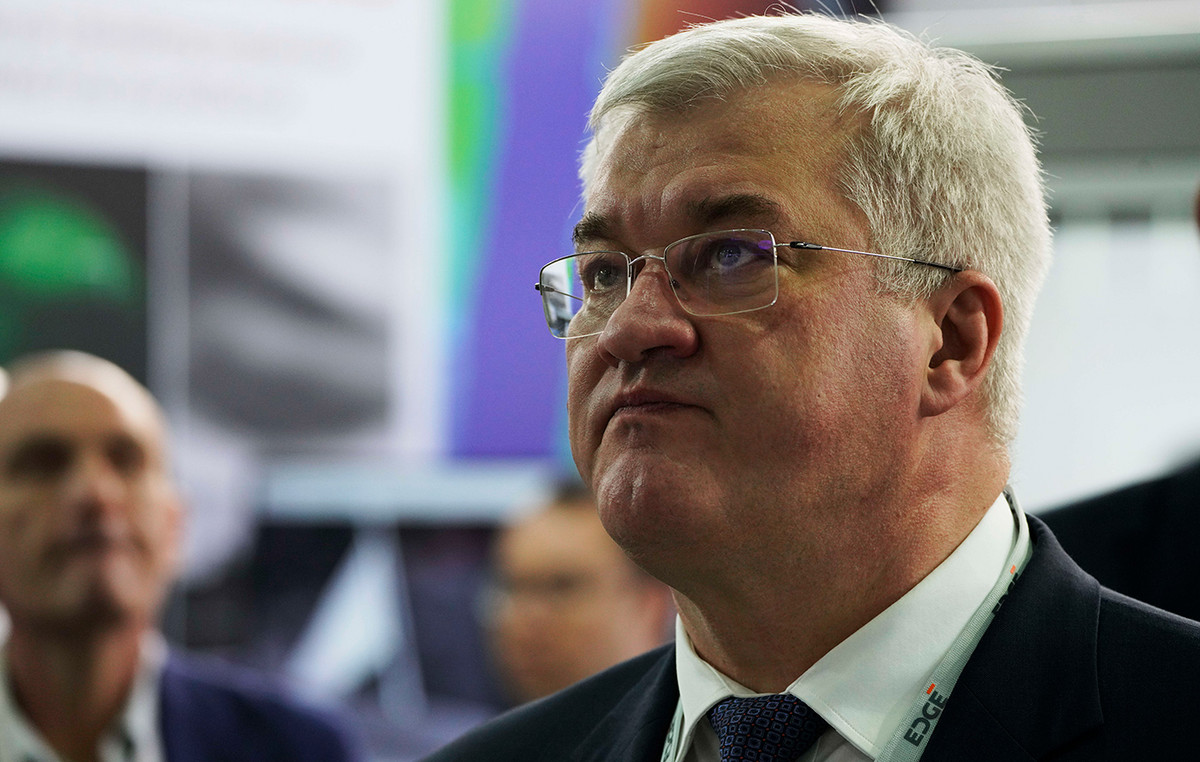Many parts of the world are seeing a rapid depletion of the underground water reserves that millions of people rely on for drinking, irrigation and other uses, according to new research that analyzed thousands of groundwater level measurements from 170,000 wells in more than 40 countries.
It's the first study that shows what's happening to groundwater levels on a global scale, according to researchers. The initiative will help scientists better understand the impact that humans have on this valuable underground resource, whether through excessive use or indirectly through changes in rainfall linked to human-caused climate change.
Groundwater, contained in fissures and holes in permeable rock structures known as aquifers, is a lifeline for people, especially in parts of the world where rainfall and surface water are scarce, such as northwest India and the southwestern United States.
Reductions in groundwater levels can make it difficult for people to access fresh water for drinking or irrigating crops, resulting in land subsidence, which brings several environmental problems.
“This study was driven by curiosity. We wanted to better understand the state of global groundwater by analyzing thousands of groundwater level measurements,” says study co-author Debra Perrone, associate professor in the Environmental Studies Program at the University of California, Santa Barbara, in a press release about the study published in the journal Nature this Wednesday (24).
The authors found that between 2000 and 2022, groundwater levels decreased by 71% in 1,693 aquifer systems included in the research, with groundwater levels decreasing by more than 0.1 m per year in 36%, corresponding to 617 of the locations analyzed.
The Ascoy-Soplamo Aquifer in Spain had the fastest rate of decline in the compiled data – an average reduction of 2.95 m per year, said study co-author Scott Jasechko, associate professor at the Bren School of Environmental Science and Management, from the University of California, Santa Barbara.
“I have been impressed by the smart strategies that have been put in place to deal with groundwater depletion in many places, although these 'good news' stories are very rare,” Jasechko said in an email.
To understand whether reductions observed in the 21st century were accelerating, the team also accessed data on groundwater levels from 542 of the aquifers in the study from the period between 1980 and 2000.
It was then that they discovered that the decline in groundwater levels accelerated in the first two decades of the 21st century in 30% of these aquifers, exceeding the reductions recorded between 1980 and 2000.
“These cases of accelerated groundwater level decline are twice as prevalent as expected in the face of random fluctuations in the absence of any systematic trends over any period of time,” the study noted.
Donald John MacAllister, a hydrologist at the British Geological Survey who was not involved in the research, said it was a truly “impressive” set of data, despite some gaps.
“I think it's fair to say that this global compilation of groundwater data has not yet been done on this scale,” says MacAllister. “Groundwater is an incredibly important resource, but one of the challenges is that because we can't see it, it stays out of most people's minds. Our challenge is to remind decision makers that we have this resource and that we have to take care of it to develop resilience and adapt to climate change”, concluded the hydrologist.
Source: CNN Brasil
Charles Grill is a tech-savvy writer with over 3 years of experience in the field. He writes on a variety of technology-related topics and has a strong focus on the latest advancements in the industry. He is connected with several online news websites and is currently contributing to a technology-focused platform.







